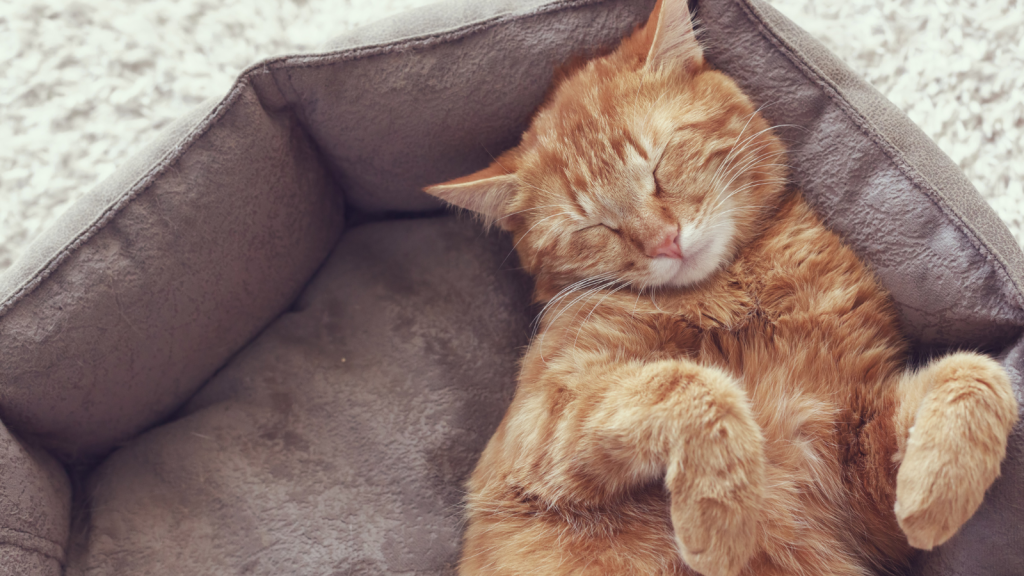Cats
Diarrhea in Cats
Diarrhea in cats is a common digestive issue characterized by loose, watery, or frequent bowel movements. Diarrhea in cats can be the major symptom of many diseases. Diarrhea can be life threatening or harmless, however is never normal. Complications from untreated diarrhea can result in death in newborn kittens, senior cats or cats with chronic disease. Diarrhea can be classified as acute or chronic, this classification may aid in determining the diagnosis. If the condition is associated with depression, lethargy, no interest in eating, fever, blood in the stool or abnormal behavior you should quickly seek veterinary care.
Some causes of Diarrhea in Cats:
- Dietary Changes: Sudden changes in a cat’s diet can result in diarrhea. As in any animal, including humans, consuming a food that is not typically part of the diet can cause digestive upset. As an example, a cat typically fed dry food, that’s eats fresh fish may develop loose stool. Dietary changes must be made slowly.
- Ingestion of spoiled food: Containing rancid fats/oils or bacterial overgrowth in foods that have gone bad can lead to loose stool and digestive upset.
- Food Allergies: Cats can develop allergies to certain ingredients in their food. These allergies are considered to be inflammatory as allergens result in a cellular immune response. Cat foods can contain foods that are not historically present in the cats diet. Your veterinarian can work with you on an elimination diet if you suspect your cat has developed food allergies.
- Infections: Bacterial, viral, fungal, protozoal or parasitic infections can lead to diarrhea. Infectious causes may likely require medications such as anti-bacterial, antiprotozoals, or coccidiostat. Viral infections typically do not respond well to antiviral drugs and may require intensive supportive care
- Toxic Substances: Ingesting toxic plants, poisons, chemicals, or foreign objects.
- Underlying health conditions such as pancreatitis, liver disease, kidney disease, and endocrine diseases such as diabetes or hypothyroidism and cancer can all show symptoms of loose stool.
- Chronic infection or inflammation
- Stress: Cats can develop stress-related diarrhea, especially during significant changes in housing or social structure.
- Medications: Some medications can have diarrhea as a side effect as a result of altering GI motility or altering microbial flora. Alterations in GI flora are one major complication of antibiotic administration. We recommend to give your cats Feliotic during and after antibiotic treatment to help replenish the natural good gut microflora balance that can be disrupted with antibiotics.
Treatment of Diarrhea in Cats:
- Hydration: Ensure your cat stays hydrated. Offer clean, fresh water, and consider an oral rehydration solution from your vet if the diarrhea is severe. Beyond some of the “at home” hydration the most important hydration therapy is intravenous fluid and electrolyte therapy provided at your veterinary hospital
- Diet: Temporarily switch to a bland diet recommended by your vet, such as boiled chicken and rice. And/or add fiber to the diet, cooked pumpkin has been suggested. Adding a probiotic such as Feliotic can help to reduce severity and duration of diarrhea.
- Avoidance: Identify and remove the cause if possible, such as eliminating certain foods or toxins.
- Stress Reduction: Minimize stressors and provide a comfortable environment for your cat.
- Probiotics: Stability and characteristics of the microbiome ( bacterial population of the GI tract )is a significant factor in the health of your cat. From anti-inflammatory factors, disease prevention and development of immunity. Appropriate, live, feline specific bacteria such as Feliotic can also return a recovering GI tract to normal function.
- Veterinary Care: If diarrhea persists for more than 24 hours, or if there are other concerning symptoms like blood in the stool or lethargy, depression, fever or abnormal behavior veterinarian care should be prompt. If the character of the stool is watery this is of more concern as dehydration and electrolyte loss may occur rapidly and therefore be more life – threatening. Blood (red) in the stool is another critical sign that should prompt veterinary attention, blood in the stool suggests hemorrhage into the gastrointestinal tract. A fresh red color suggests distal GI hemorrhage. Black or dark red discoloration of the stool suggests that then hemorrhage is more proximal in the GI tract as blood is metabolized as it passes through the GI.
It’s important to remember that diarrhea can be a sign of a more serious underlying issue, so it’s always best to consult your veterinarian for proper diagnosis and treatment. A working relationship with your veterinarian is the best way to stay on top of your cats health.

